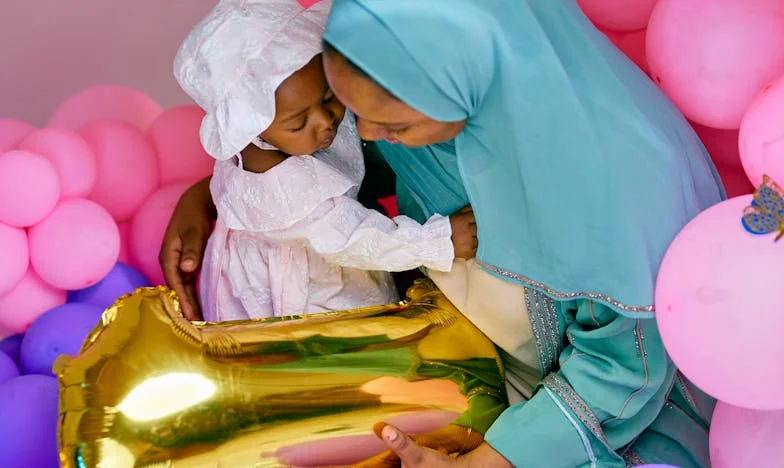Mocking the Simple: A Journey Through Shame and Redemption
“Are you sure you know how to use the copier, Emily? Didn’t you say you grew up in a place where people still use typewriters?” Laughter erupted around the break room, the fluorescent lights flickering above as if mocking me too. My cheeks burned, but I forced a tight smile, clutching the stack of invoices to my chest so no one could see my hands trembling.
I’d been at Whitehall Logistics for two weeks. Two weeks since I left the cornfields and faded billboards of Maple Creek behind, trading them for Chicago’s endless skyline and the promise of anonymity. I thought I’d finally become someone else—someone who belonged. But that joke, tossed so casually by my coworker, Megan, felt like a slap. It was too familiar. Too much like the way I used to talk about people back home.
They called it harmless fun—the jokes about the guy at the gas station who confused wifi with Wi-Fi, or Mrs. Carter, who still wrote checks at the grocery store. I remembered the way we’d huddle outside the Dairy Queen, whispering, snorting, making memes. I was class president, valedictorian, and I thought being smart meant I was better.
But when Megan’s laughter died down, and I saw the disappointed look on Mr. Jensen’s face—our supervisor, a quiet man from Iowa—I felt something twist inside me. Shame, hot and sticky, like the summers back home.
That night, in my tiny apartment, I tried to focus on my spreadsheets. But the numbers blurred and the voices from the office echoed: “Don’t you miss the simple life?” “Do you know what kombucha is, Emily?” Underneath it all was the same poisonous joke: you don’t belong here.
I called my mom. She sounded tired. “Emily, honey, your brother’s having trouble at school again. They say he’s quiet. Withdrawn. It’s that new teacher, I think.”
I leaned against the window, watching a train rattle by. “Just tell him to ignore them, Mom. It gets better.”
She sighed. “He’s not like you. He can’t just laugh it off.”
I hung up, guilt prickling at my skin. I thought I’d escaped, but I was still haunted by Maple Creek—by the people I’d left behind, and the ones I’d hurt with my sharp tongue and clever jokes.
The next day at work, Megan dropped a file on my desk. “Hey, farm girl, these are for you. Don’t get lost going to HR.”
Before I could stop myself, I snapped, “At least I know how to get things done without blaming everyone else for my mistakes.” Her eyes widened. A hush fell over the office. I saw the way the others looked at me—some surprised, others amused. But I didn’t feel triumphant. I felt sick.
At lunch, Mr. Jensen sat across from me. He opened his Tupperware—leftover meatloaf, the smell oddly comforting. “I grew up on a farm, too, you know. People in the city think they’re better, but they don’t know what they’re missing.”
I nodded, too ashamed to meet his gaze.
He continued, “You’re good at your job, Emily. But don’t let them turn you hard. And don’t let yourself turn mean, either.”
After work, I walked home in the drizzle, replaying everything in my mind. The jokes, the laughter, the way I’d lashed out. I thought about my brother, quiet and alone. About the girl in high school I’d once called “hillbilly” behind her back, just to make my friends laugh. I tried to tell myself it was normal, that everyone does it. But the guilt wouldn’t go away.
That weekend, I took the train back to Maple Creek. The town looked smaller than ever, the main street nearly empty. My mom hugged me tight, and my brother barely glanced up from his phone.
I found Mrs. Carter at the grocery store, her cart filled with canned peaches. I hesitated, then blurted out, “I’m sorry for how I treated you in school. For the jokes.”
She looked at me, her eyes kind. “We all say things we regret, Emily. The trick is to do better next time.”
Back in Chicago, I tried to change. When Megan made her jokes, I didn’t laugh. When someone struggled with a new program, I offered to help instead of rolling my eyes. It wasn’t easy. The office culture was built on sarcasm and inside jokes. But slowly, I found people started coming to me for advice. Even Megan softened, once she realized I wasn’t going to play along.
But I still wonder, late at night, if I deserve this second chance. Can I ever make up for the hurt I caused, for the person I used to be? Or is some part of me always going to be that scared, mean girl laughing at the expense of others?
What do you think—can people really change, or do we just learn to hide the worst parts of ourselves?
